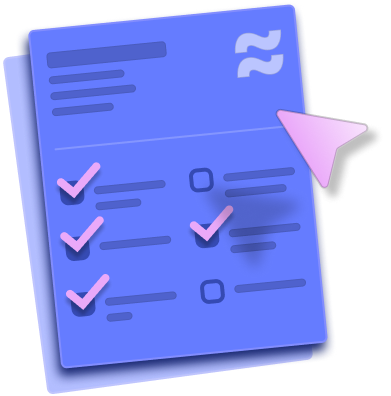Webflow PayPal Integration
PayPal is a popular payment method which can be integrated with Webflow for a seamless checkout and other ecommerce features.

.svg)

.svg)


.svg)
About PayPal
PayPal is a widely used online payment platform that facilitates secure transactions, offering both buyers and sellers a trusted way to send and receive money electronically.
It was initially developed as a way to provide a secure method for transferring money digitally, especially for online auctions like eBay. Over the years, PayPal has evolved into a comprehensive financial tool offering a range of services beyond just money transfers
Its integration features allow businesses to seamlessly incorporate PayPal into their websites and applications, enabling customers to make payments using various methods, including credit cards, debit cards, and PayPal accounts.
Why Connect Webflow and PayPal
Here’s what you can get if you decide to integrate PayPal with Webflow.
- Enhanced security — By integrating PayPal, you fortify your site’s security and gain the trust of customers through its established secure payment system.
- Global payment acceptance — PayPal integrated with Webflow allows you to accept payments from around the world, supporting multiple currencies and broadening your customer reach.
- Effortless setup — Seamlessly set up PayPal on Webflow, activating payment processing without complex technical steps.
- Mobile compatibility — Both PayPal and Webflow offer mobile-responsive interfaces, ensuring seamless payment experiences on various devices.
- Automated transaction management — Integration automates payment processes for a smoother customer journey.
- Reduction in cart abandonment — Offering PayPal's user-friendly and swift checkout can significantly lower instances of customers abandoning their shopping carts.
- Credibility boost — Leverage PayPal's reputable brand to instill trust in your customers, assuring them of secure transactions.
- Payment data protection — PayPal's robust security measures, including encryption, safeguard payment information and enhance customer confidence.
- Centralized order oversight — Manage PayPal transactions alongside other operations within Webflow, simplifying overall order tracking and management.
{{cta}}
Common Challenges When Integrating PayPal and Webflow
- Technical complexity — Integrating payment gateways demands technical expertise in handling APIs and webhooks.
- Documentation and learning curve — Understanding PayPal and Webflow documentation can be time-consuming, requiring familiarity with the platforms.
- Customization limitations — Some features might require advanced development, and standard integrations might lack full customization.
- User experience — Ensuring smooth checkout flow and design alignment is crucial to avoid cart abandonment.
- Testing and debugging — Thorough testing and addressing issues during integration can be time-intensive.
- Currency and region compatibility — International selling demands checking PayPal's supported currencies and accurate exchange rate handling.
- Security concerns — Meeting stringent security standards for handling payment data can be challenging.
- Mobile responsiveness — Ensuring seamless mobile experiences across devices requires additional effort.
- Data synchronization — Accurate alignment of order and customer data between platforms is vital.
- Updates and maintenance — Keeping up with changes and maintaining functionality post-updates is an ongoing task.
- Customer support and assistance — Prompt and effective support is crucial for troubleshooting integration issues.
- Costs — Integrations might involve expenses; considering associated costs is essential during planning.
How to Connect PayPal and Webflow
Making a simple connection between PayPal and Webflow is the easier part of integrating this service to your site. Here’s how you can make the initial connection:
- Step 1: Open the Webflow site you want to connect PayPal with in Webflow Designer.
- Step 2: Go to Settings and find Ecommerce settings.
- Step 3: Go to Payments and click Connect PayPal
- Step 4: You’ll be prompted to log in to your PayPal account to confirm the connection.
- Step 5: Add the PayPal button to your site easily and start selling.
Mind you, you’ll have to have a PayPal business account if you want to receive payments this way.
Unfortunately, this is the simplest Webflow PayPal checkout integration process using PayPal’s basic capabilities. The good news is that PayPal offers a range of advanced payment solutions for websites, but most of them will require having professional developers who can help you with that.
Further Reading: How to Handle Complex Integrations?
As mentioned above, this is the simplest way to connect Webflow and PayPal, but both PayPal and Webflow provided helpful documentation for anyone wanting to go beyond the standard integration.
These require a professional developer, as you’ll handle APIs. Take a look at the sources below and what they can teach you.
- Connecting a payment gateway to Webflow—This page describes how connecting payment methods works in general for Webflow. It’s pretty much the process described in this article, with additional info you might find useful.
- PayPal Webflow integration via Zapier—This is the official landing page for PayPal Webflow integration via Zapier. Here, you can learn more about this service and see what actions and triggers Zapier supports. Integrating via Zapier avoids complex coding knowledge, but it is still recommended to have someone experienced by your side to help you with the logic of it all.
- PayPal developer’s portal — As PayPal is complex, there’s an entire subdomain devoted only to developers who are looking to leverage the payment method’s API. In other words, it is intended for developers who want to integrate PayPal's payment features into their applications or websites. The site provides resources such as:
- Information on how to accept payments online, in person, and through marketplacesTutorials and documentation on using PayPal's APIs and SDKs
- A sandbox environment for testing integrations before going live
- Demos of PayPal product experiences
- Overall, the PayPal Developer Portal is a valuable resource for anyone who wants to add PayPal payments to their web or mobile application
Webflow Requirements
You’ll have to purchase a paid ecommerce Webflow plan if you want to perform a PayPal Webflow integration. That’s because you cannot add custom code to free plans, which is required when connecting PayPal or integrating any other external tool or service.
{{cta}}
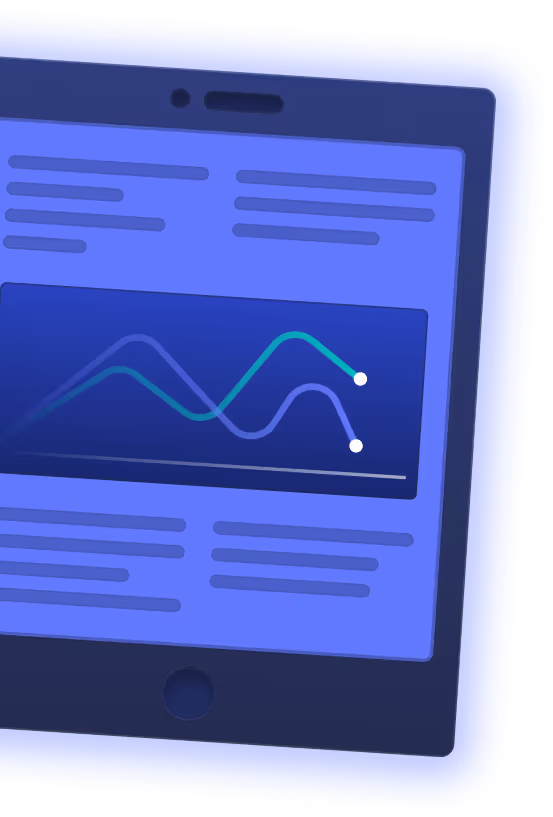
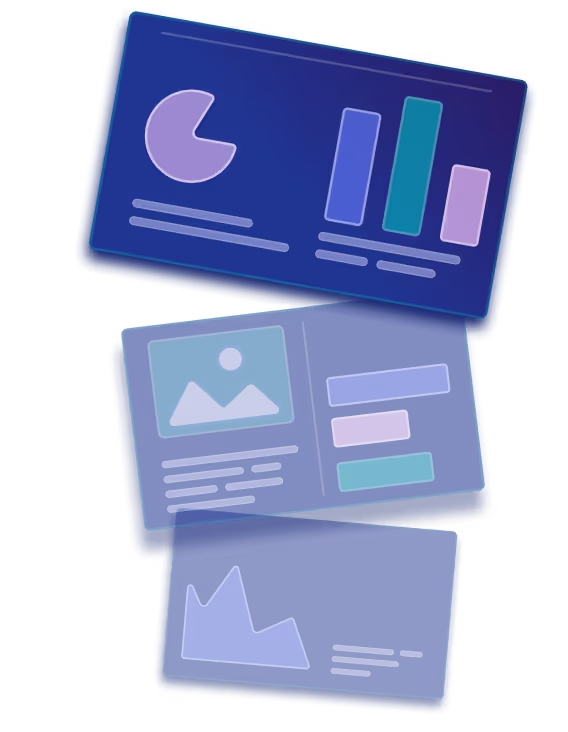
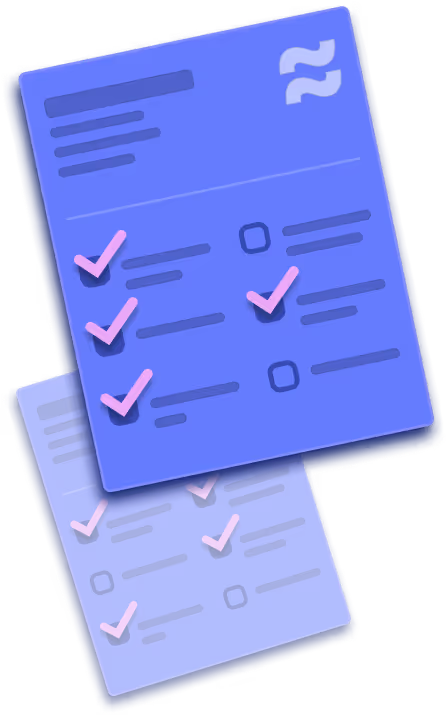

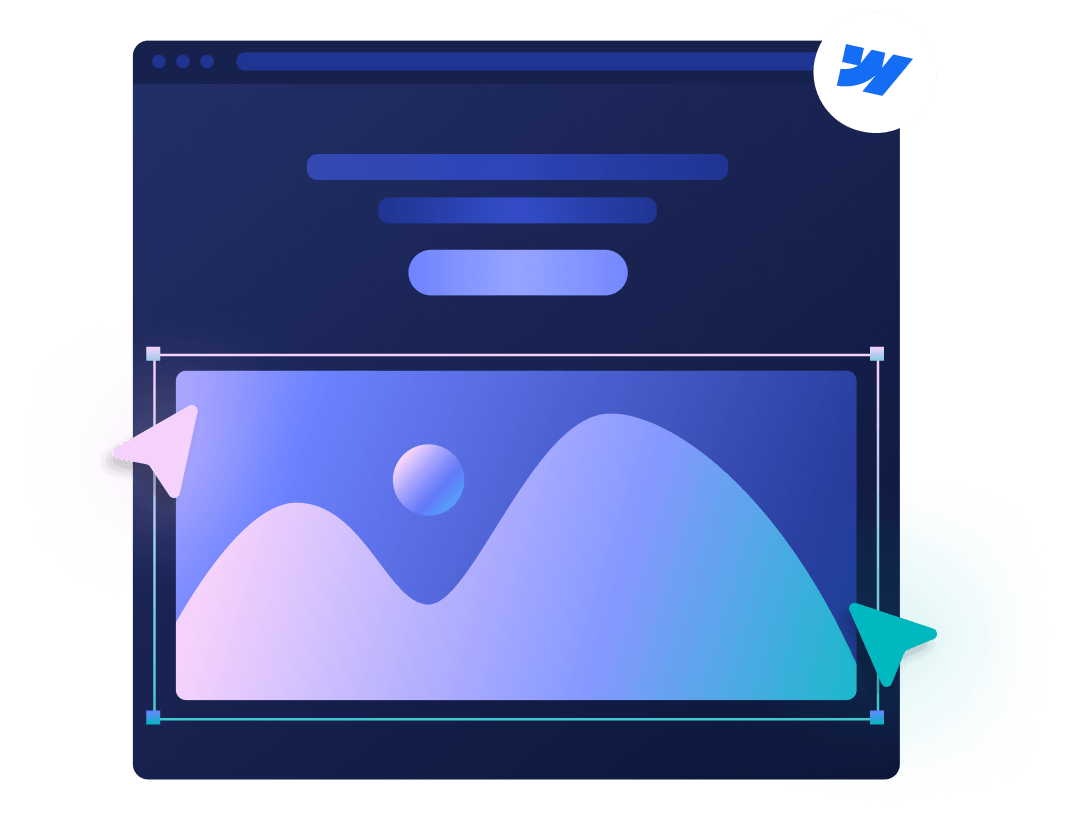
The 2025 Playbook for Website Customer Acquisition
.png)

.png)

in mind?
Talk with our team and learn how your ideas can become digital experiences.
Your go-to Webflow
resources library
Webflow projects where we made PayPal integration
See the projects where we successfully connected PayPal with Webflow.
Check Other Webflow integrations
Explore other integrations
We get asked these questions often
Can you integrate PayPal with Webflow?
Yes, it's possible to integrate Webflow and PayPal, especially if you have an ecommerce pricing plan on Webflow. However, anything more complex than a simple checkout integration would require a development team to help you set it up.
What's the best alternative to PayPal for Webflow?
Right now, the best alternative is Stripe, which is the other popular payment processor that can be easily connected with Webflow to establish a checkout process.
Can I pay with credit or debit card via PayPal checkout?
Yes, you can. However, that would require a more detailed approach to connecting PayPal to Webflow. Therefore, it's best to contact a Webflow expert to help you integrate this feature (or any other complex features offered by PayPal) properly.
.svg)

.png)
.png)
.svg)
.svg)
.svg)
.webp)
.svg)




